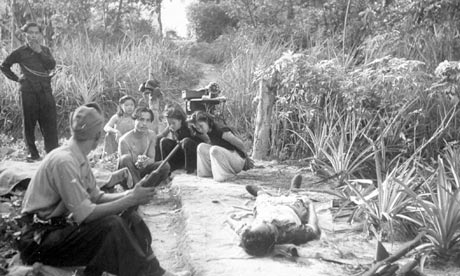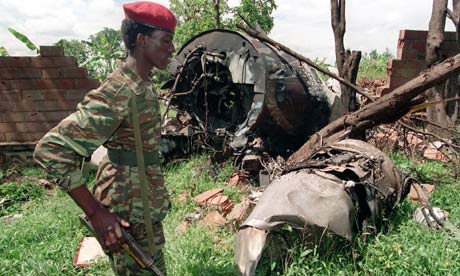 |
| "Former Khmer Rouge leader 'Brother Number Two' Noon Chea attends the UN-backed Khmer Rouge tribunal." (Mark Peters/AFP/Getty Images) |
Agence France-Presse dispatch in The Telegraph, January 31, 2012
"Cambodia's UN-backed Khmer Rouge tribunal has run out of money to pay the wages of hundreds of workers as contributions from donor countries have dried up, a court spokesman said on Tuesday. None of the more than 300 Cambodians working at the tribunal, from judges to drivers, will be paid this month and may not receive their salaries in February and March either, said Neth Pheaktra. 'We have no money,' he told AFP, adding that some judges and prosecutors had not been paid since October. The funding shortfall does not affect the more than 130 international employees at the war crimes court, whose wages are paid by the United Nations. Cambodian salaries are paid through voluntary contributions from donor nations such as Japan, France and Australia. 'It affects morale at the court,' said Neth Pheaktra. 'The people depend on their salaries to support their families and it's not good to go without pay.' The court, set up in 2006 to find justice for the deaths of up to two million people during the Khmer Rouge's 1975-1979 rule, is perpetually cash-strapped but this is thought to be longest period of non-payment to date.































